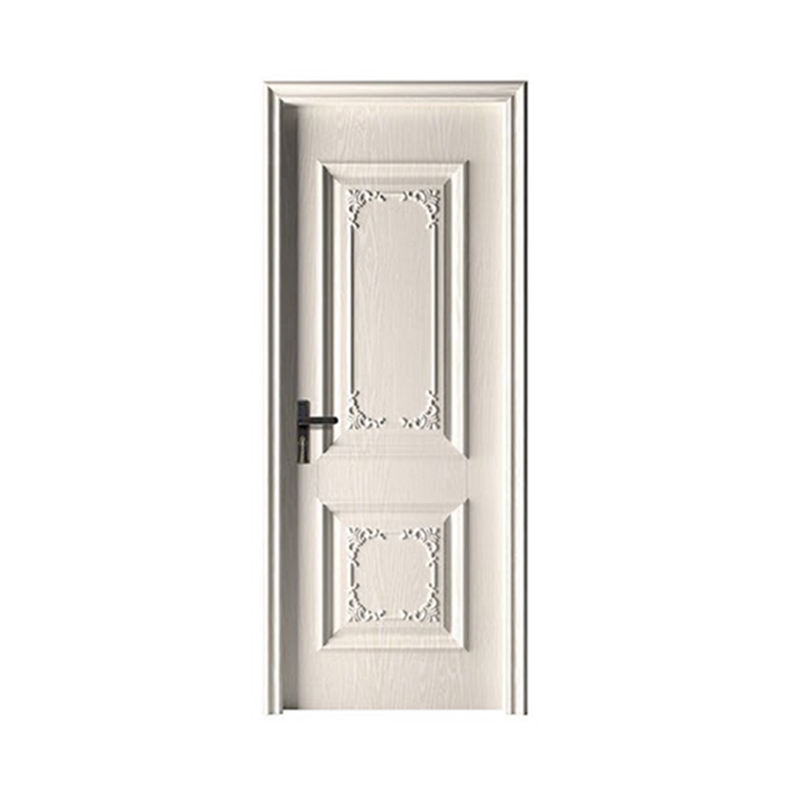News
Exploring The Benefits Of Wpc Solid Doors In Modern Architecture
WPC (Wood-Plastic Composite) doors have gained significant popularity in recent years, with WPC solid doors emerging as a preferred choice in modern architecture. Combining the natural beauty of wood with the durability of plastic, these doors offer a range of benefits that make them a versatile and practical option for both residential and commercial spaces.
Durability and Longevity:
WPC solid doors are renowned for their exceptional durability. The composite construction of wood and plastic creates a door that is resistant to rot, decay, and insect damage. Unlike traditional wooden doors, WPC solid doors do not warp or swell due to changes in humidity or moisture levels. This ensures their longevity, making them a cost-effective investment for any architectural project.
Low Maintenance:
One of the significant advantages of WPC solid doors is their low maintenance requirements. Unlike solid wood doors that require regular sanding, painting, or varnishing, WPC doors only need occasional cleaning with mild soap and water to maintain their appearance. The inherent resistance to stains and scratches reduces the need for frequent repairs or refinishing, saving both time and money for property owners.
Design Versatility:
WPC solid doors offer extensive design versatility, making them suitable for various architectural styles. These doors are available in a wide range of colors, finishes, and textures, mimicking the natural look and feel of wood. Additionally, they can be easily customized to meet specific design preferences, including different panel designs, glazing options, and decorative accents. This adaptability allows architects and designers to create visually appealing and cohesive spaces.
Enhanced Thermal and Acoustic Insulation:
WPC solid doors provide excellent thermal insulation, helping to maintain a comfortable indoor environment while reducing energy consumption. The composite material offers better insulation properties compared to traditional wooden doors, preventing heat transfer and maintaining stable indoor temperatures. Additionally, WPC solid doors offer improved acoustic insulation, reducing noise transmission and creating quieter interiors, particularly in busy or noisy environments.
Environmental Sustainability:
WPC solid doors contribute to environmental sustainability. The composite material utilizes recycled wood fibers and recycled plastic, reducing the demand for virgin resources. Additionally, the manufacturing process of WPC doors consumes less energy compared to traditional wooden doors, further minimizing the carbon footprint. By choosing WPC solid doors, architects and property owners can demonstrate their commitment to eco-friendly building practices.
WPC solid doors have emerged as a durable, low-maintenance, and versatile solution in modern architecture. With their exceptional longevity, design versatility, thermal and acoustic insulation properties, and environmental sustainability, these doors offer numerous benefits for residential and commercial projects alike. As the demand for sustainable and aesthetically pleasing building materials continues to grow, WPC solid doors present a compelling option for architects, designers, and property owners seeking to enhance the functionality and aesthetics of their spaces.
WPC solid doors combine the durability of plastic with the natural beauty of wood, offering long-lasting performance, low maintenance, design versatility, and excellent insulation properties. With their sustainable composition and aesthetic appeal, WPC solid doors are a smart choice for modern architecture and environmentally conscious projects.

 English
English عربى
عربى 中文简体
中文简体




